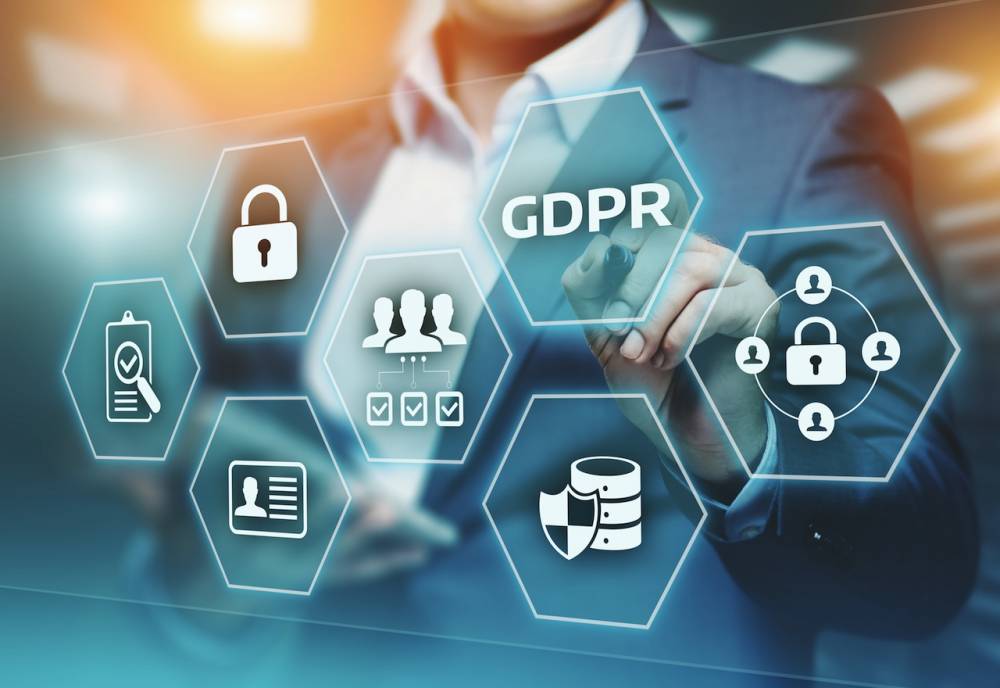It is a year until General Data Protection Regulation (GDPR) comes into force. As GDPR functions within European Union and third countries and is particularly important in the as an enforcement mechanism to protect inflows and outflows of private data that is necessary in achieving cross-border communication and national regulatory framework on data processing, thus, businesses over European Union and private individuals shall be briefly introduced to the potential effect that the Regulation may have on them.
The European Union's General Data Protection Regulation (GDPR) is aimed at facilitating and ensuring the security of individuals with regard to the processing of their data, repealing the previous data protection framework Directive 95/46/EC. GDPR functions within European Union and third countries and is particularly important in the as an enforcement mechanism to protect inflows and outflows of private data that is necessary in achieving cross-border communication and national regulatory framework on data processing.
The distinct feature from the existing data protection laws thoughout the Europe is that the GDPR is directly applicable to all of the legal and natural persons that provide data processing services to users that reside, or are established in the Union.
Therefore,with the GDPR coming in force businesses and individuals shall be prepared for significant changes in the data protection compliance process and be aware of the fines that may be consequently imposed, if the compliance is not in accordance with the requirements provided in the Regulation.
General Data Protection Regulation comes along with mandatory implementation and strong requirements for companies to comply with the regulation and introduced strong sanction mechanisms. Therefore, the scope and complexity of dealing with personal information of consumers of customers, as well as business partners would require the change in privacy policies and the environment, in terms of collecting, storing, using and disclosing personal data.
For natural persons the GDPR does as well impact the presence in an online environment and outside. Individuals are significantly protected by the Regulation, implying that the consent of individual is required for lawful processing of personal data. Individual as well is granted with a wider spectre of rights previously not mentioned in the Directive 95/46 EC, such as data erasure or "right to be forgotten", withdrawal of consent, stopping the unlawful data processing and much more.
Applied to practice, the GDPR may be seen as a benefit for many business sectors and private individuals, which would create a unified harmonized data protection legal system across the EU Member States.
For further guidance on the General Data Protection Regulation issues and compliance, contact EU LAW FIRM GDPR lawyers to find more information - info@eulawfirm.eu.


